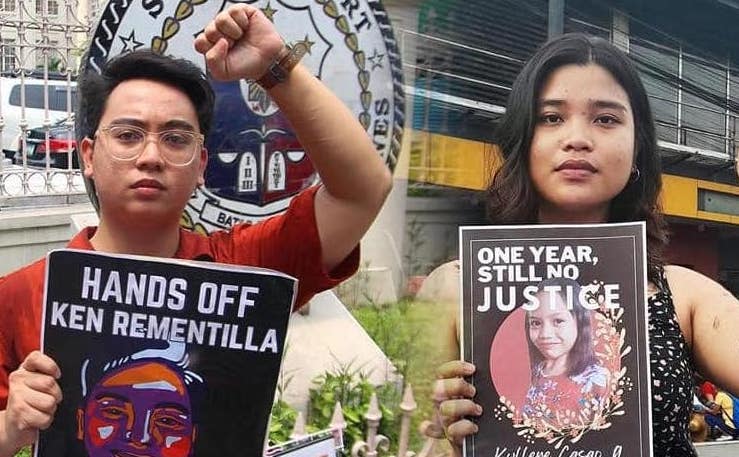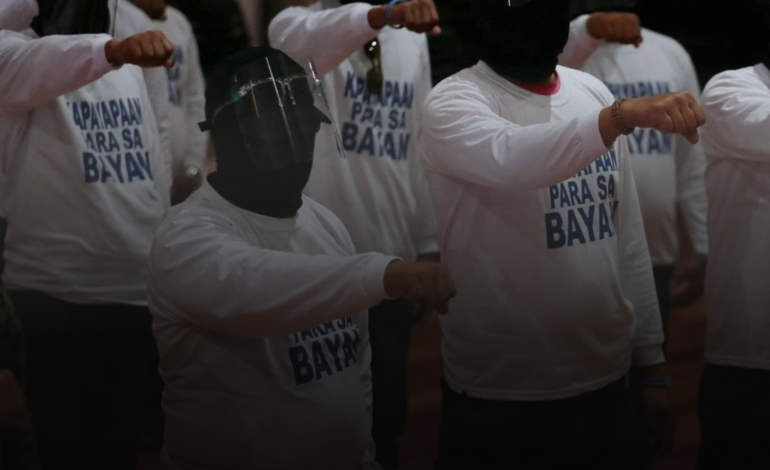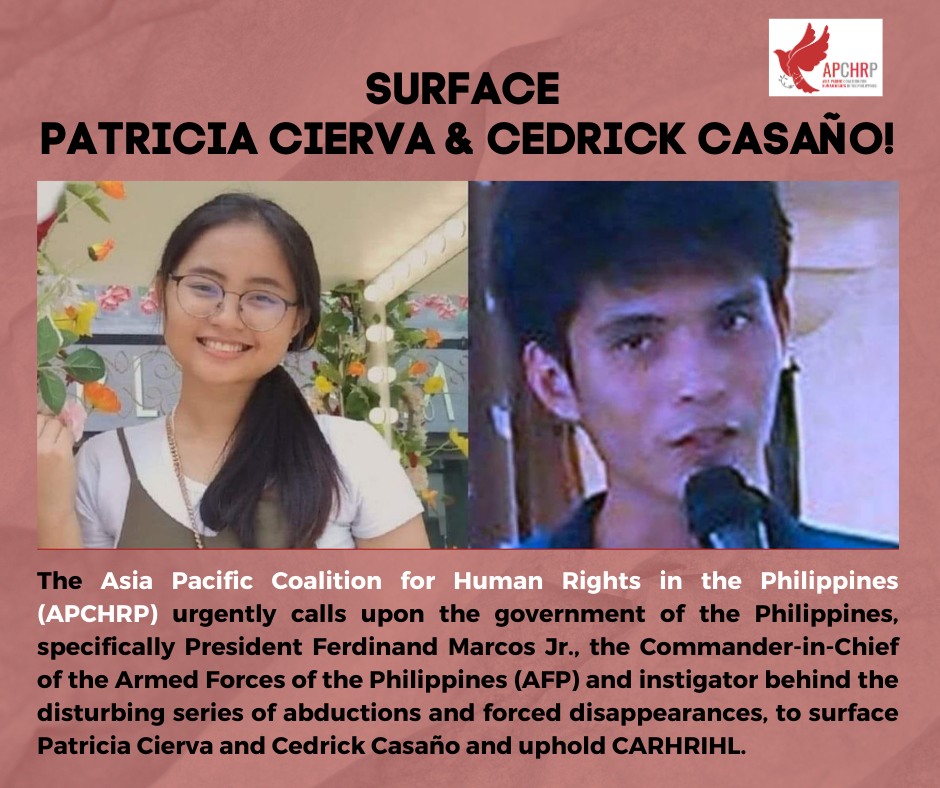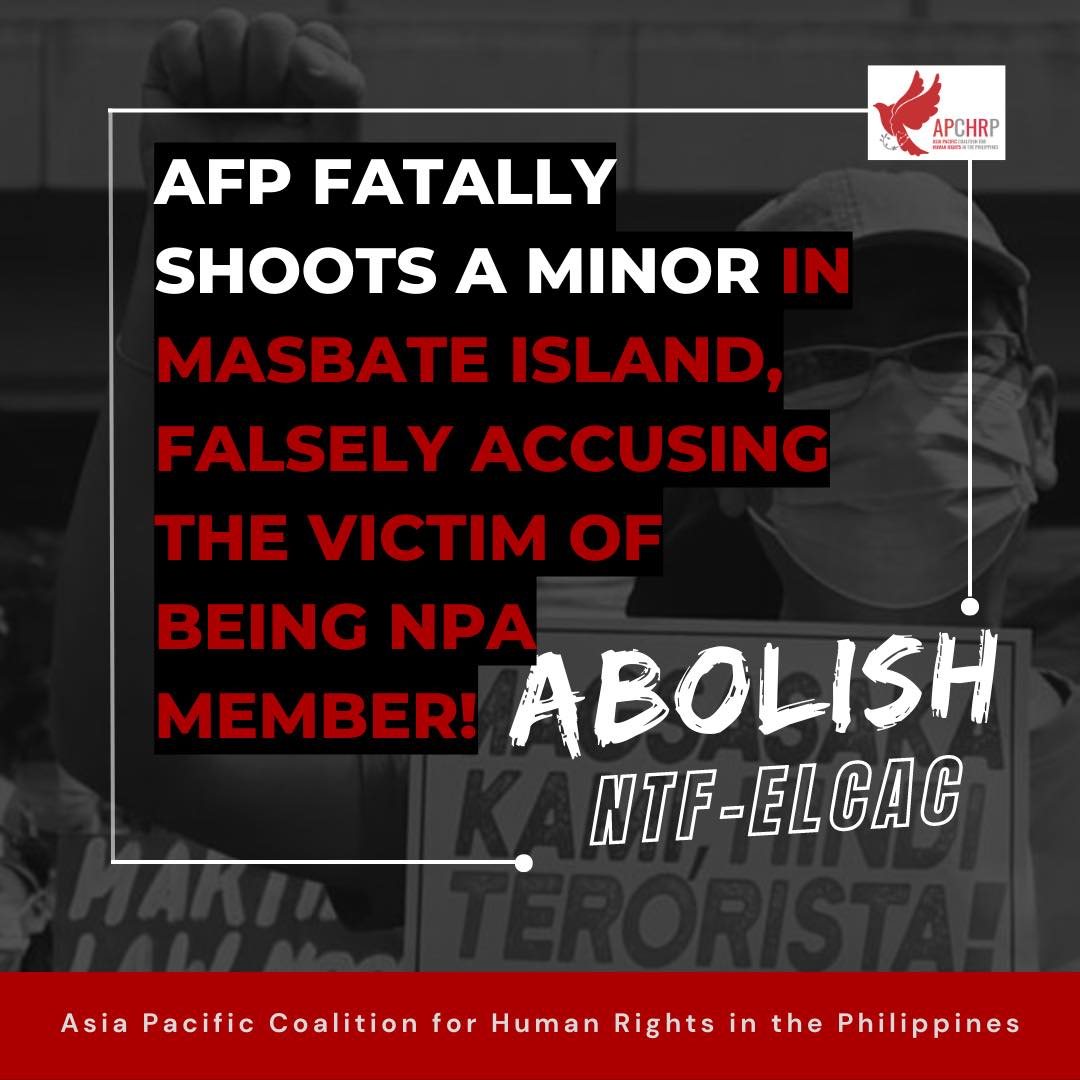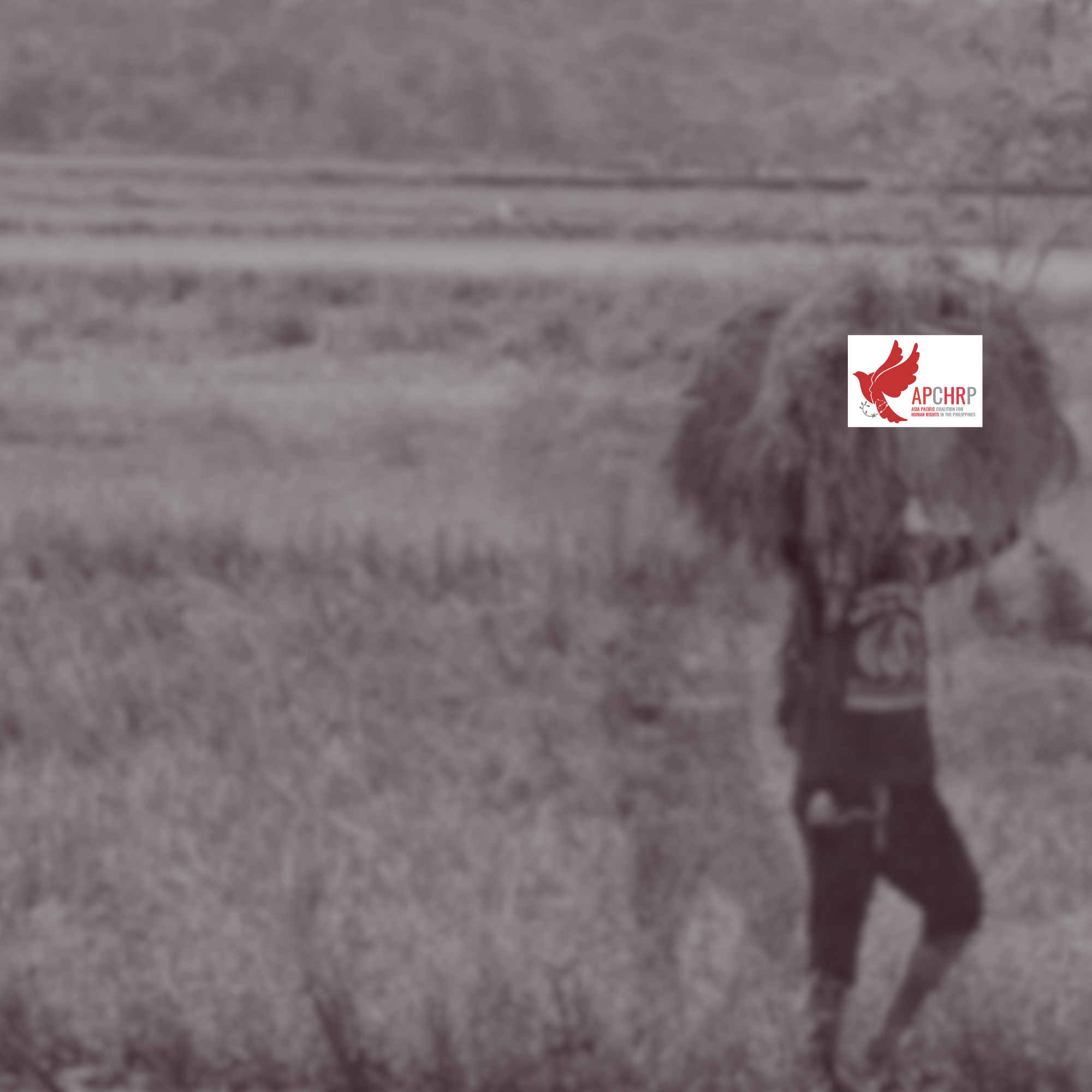ICHRP 4th GA Assembly: The Peace We Want! A Global Conference on the US Counterinsurgency Strategy and its Impacts on the Filipino People’s Aspiration for Just and Lasting Peace!
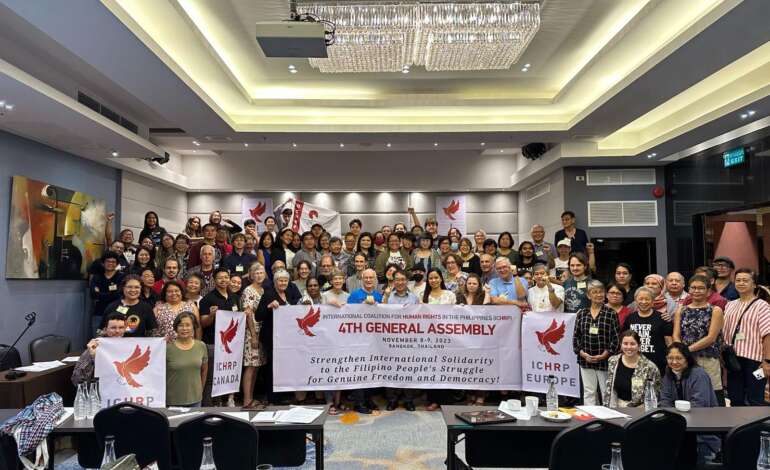
Last November 6-9, the Asia Pacific Coalition for Human Rights in the Philippines and various human rights groups participated in the ICHRP Global Conference and General Assembly in Bangkok, Thailand. The 4-day event featured 20 delegates representing 30 organizations worldwide, focusing on the theme ‘The Peace We Want! A Global Conference on the US Counterinsurgency Strategy and its Impacts on the Filipino People’s Aspiration for Just and Lasting Peace!’ The discussions also addressed the impacts of the ongoing counterinsurgency war and violations of international humanitarian law in the Philippines under the government of Ferdinand Marcos Jr.
At the conference, keynote speakers discussed the persistent human rights violations, breaches of international humanitarian law, and the US Counter-Insurgency measures that are prevalent in the region. These issues included extrajudicial killings, disappearances, an intensified crackdown on civil liberties, the stigmatization of respected leaders as terrorists under the Anti-Terror Act (ATA), and the ongoing labeling of activists, progressive groups, and solidarity advocates as targets by the National Task Force to End Local Communist Armed Conflict (NTF-ELCAC).
Suzane Adelly, President of the National Lawyers Guild USA, discussed the US COIN Doctrine. Throughout her speech, she stated that the “US engaged in coercive counterinsurgency since colonial expansionist.” Adelly highlighted that counterinsurgency is the organized use of subversion and violence to challenge political control in a region. This tactic, employed by the US since its 1898 colonial operations in the Philippines, labels resistance, including armed forms, as “terrorism.” The increase in militarization in countries with opposing revolutionary movements is happening in different parts of the world, such as in Israel to empower its military against the Palestinian struggle. This means that the Palestinian resistance and the Filipino people’s struggle against the US-backed Marcos Jr. administration are bound by the same aspiration for national and social liberation.
Renato Reyes, BAYAN Chairperson, contributed to the discussion by addressing how counterinsurgency (COIN) is impacting the people in the Philippines. The national situation in the Philippines appears grim under the Marcos Jr. regime, marked by a lack of substantial changes in economic and human rights policies. Reyes emphasized that while Marcos attempts to distinguish himself from Duterte, it is evident that he has implemented similar neoliberal economic policies and counterinsurgency strategies. Among these policies is the National Security Policy, which according to Reyes, sees poverty as a result of armed conflict, not the other way around. He criticized the government’s stance on peace, noting the absence of initiatives for genuine peace talks and reduction to “localized” talks with coercive measures.
Edith Burgos, a KARAPATAN National Council member, highlighted the adverse impact of Philippine counter-insurgency programs on human rights, emphasizing the blurred lines between combatants and civilians. As of October 2023, documented cases include 80 extrajudicial killings, targeting individuals linked to rebel groups, ranging from suspected rebels to activists and civilians encountered during military operations. Enforced disappearances, secret prisons, and other violations persist, with 11 cases reported under the Marcos Jr. regime. Edith called for continued activism, urging the release of statements, protests at Philippine embassies, and lobbying with governments. She stressed solidarity by writing to affected families and supporting communities under attack. Edith also encouraged the strengthening of international formations, organizing missions to the Philippines, and collaborating globally to raise awareness and garner support.
Edre Olalia from the National Union of People’s Lawyers in the Philippines highlighted the importance of International Humanitarian Law, asserting its crucial role in the Philippines amid ongoing conflict. Olalia emphasized that contrary to US doctrine, armed resistance to severe oppression is legal under the Geneva Conventions, with a focus on safeguarding civilians and non-combatants in civil war situations.
Furthermore, NDFP Negotiating Panel Member Coni Ledesma stressed the importance of peace talks to resolve the issue on the ground. Ledesma called out the Government of the Republic of the Philippines (GRP) for the 2017 peace talks’ cancellation, leading to stalled socio-economic reforms. Ledesma calls for GRP’s political will to collaborate with NDFP in solving fundamental issues.
Former GRP Negotiating Panel Chair Silvestre Bello III also acknowledged that the 2016-2017 negotiations between GRP and NDFP were supposedly already on their way to the signing of an interim peace agreement before it was cut short due to the cancellation. Bello stresses the importance of addressing armed conflict’s root causes, urging the government to eliminate factors fueling insurgency and discontent. According to him, it must be the government’s initiative to eradicate the roots of insurgency to pave the way for the “seeds of peace”.
The conference concluded with a call to action, resulting in the formulation of ICHRP Global’s General Plan of Action, which the APCHRP adopted. This campaign call aims to advance solidarity in support of the Filipino people’s struggle for just and lasting peace, self-determination, and national sovereignty.
After the conference, simultaneous workshops were also conducted on the Impact of COIN on the Collective Rights of the Filipino People to Peace and Development. These were led by Elmer Labog (KMU) and Ferdie Gaite (COURAGE) for the Labor Situationer and Issues. Regarding the Militant Struggle of Peasants for Genuine Agrarian Reform, the facilitator was the Chair Emeritus, Rafael “Ka Paeng” Mariano. Amirah Lidasan from Suara Bangsamoro, IPMSDL, represented and led discussions on The Moro and National Minority Question: Independence, Self-Determination, and COIN.
In the discussion on Women and Children on COIN (Children and Lumad Schools, Children Displaced by War), was facilitated by Joms Salvador and Obeth of Gabriela, and Olive Bernardo of the Children’s Rehabilitation Center. Lastly, the session on Faith and Escalating Repression in the Churches through COIN was facilitated by Bishop Melzar D. Labuntog, General Secretary of UCCP, ECUVOICE, and Brother Joengie Enricoso, National Coordinator of UCCP LLCDM Justice Peace and Human Rights, ECUVOICE.”
#JunkTerrorLaw #AbolishNTFELCAC #ICHRP4THGAASSEMBLY
